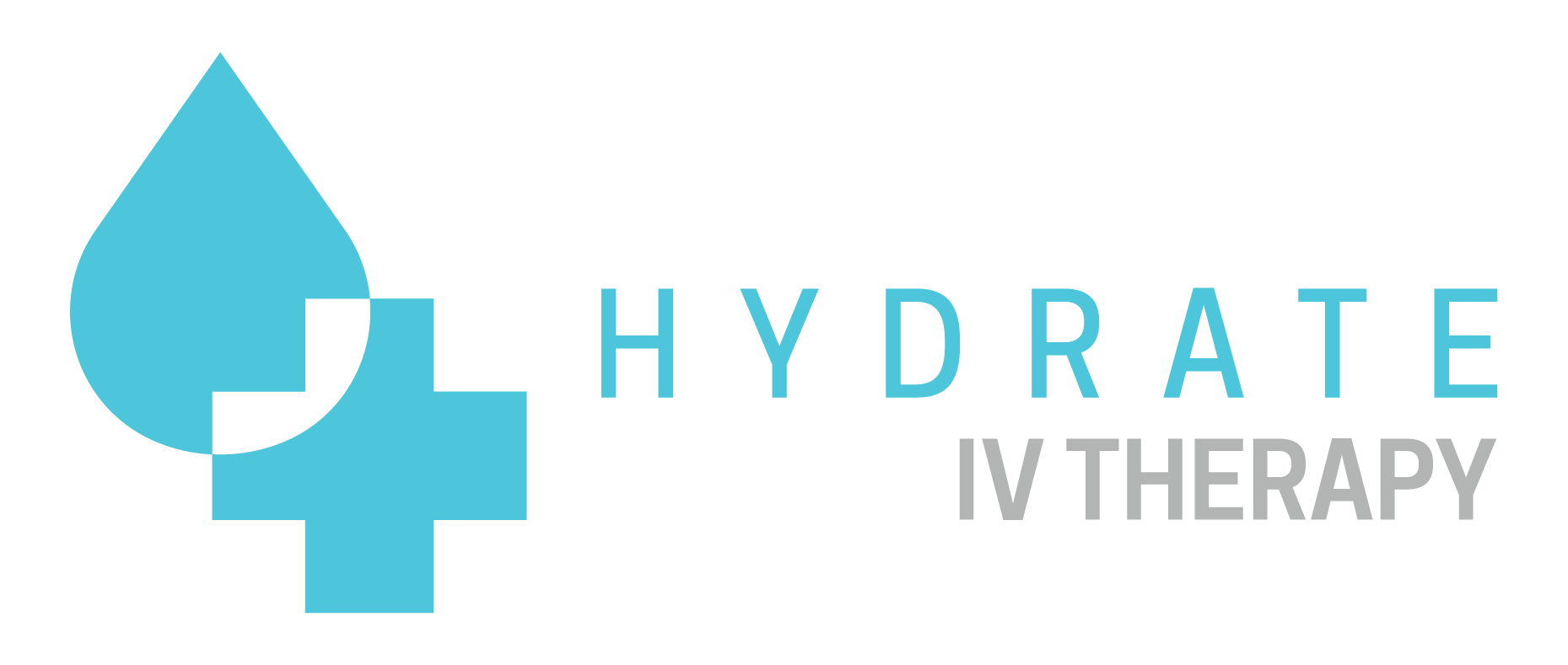Training for paramedics typically involves rigorous coursework and clinical practice to ensure they are prepared to handle a variety of emergency situations. This includes 1200-1800 hours of training including basic EMT training, intermediate EMT training and paramedic training. Then they must be certified by the National Registry of Emergency Medical Technicians exam (NREMT) and the National Registry Paramedics cognitive exam. From there our paramedics must acquire Minnesota state licensing and continue to maintain their licensure through 40 hours of continuing education every 2 years which includes Advanced Cardiac Life Support (ACLS) and cardiopulmonary resuscitation (CPR) recertification.
One essential skill our paramedics possess is the ability to administer intravenous (IV) therapy. IV therapy involves the delivery of fluids and medications directly into a patient's bloodstream through a vein. This technique is used to treat a wide range of conditions, including dehydration, infections, and other medical emergencies. IV infusion requires careful monitoring to ensure the correct dosage is being delivered and to watch for any adverse reactions. Paramedics are trained to recognize and respond to any changes in a client’s condition during IV infusion, which can help prevent complications.
Paramedics also excel at IV administration because of their extensive experience. They very regularly insert IV catheters quickly and efficiently, even in high-stress situations. They are also skilled at monitoring to quickly recognize and respond to any complications that may arise. These skills make them an invaluable asset in the case of an emergency situation and when providing mobile IV or home IV therapy because they are required to use critical thinking to follow protocols set forth by the medical director continuously.
The original IV therapy service in the Twin Cities, when you think of IV therapy in Minnesota think Hydrate IV Therapy.
Come experience the Hydrate IV Therapy difference!


